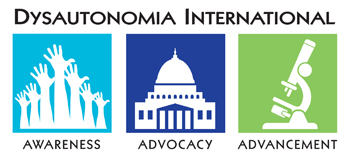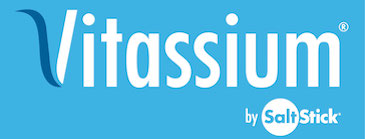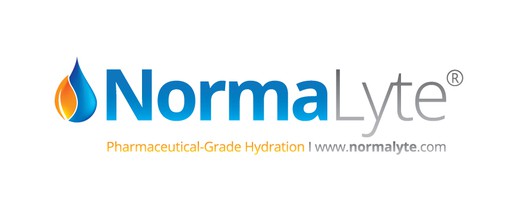Autoimmune Autonomic Ganglionopathy (AAG) is a very rare form of dysautonomia in which the bodies own immune system damages a receptor in the autonomic ganglia (part of the peripheral autonomic nerve fiber). It is often associated with high titers of ganglionic acetylcholine receptor antibody (g-AChR antibody). AAG can impact people of all ages and both sexes. Approximately 100 Americans are diagnosed with AAG per year. AAG is a treatable antibody-mediated disorder of autonomic ganglionic synaptic transmission. Prior names for AAG include acute pandysautonomia, autoimmune autonomic neuropathy and idiopathic subacute autonomic neuropathy.
Symptoms
Symptoms of AAG can include:
-severe neurogenic orthostatic hypotension (very low blood pressure upon standing)
-fainting
-constipation and GI dysmotility
-urinary retention (neurogenic bladder)
-fixed and dilated pupils (Adie's pupils)
-dry mouth
-dry eyes
The onset can be acute, subacute, or gradual. The course is variable, with spontaneous improvement occurring in about one-third of patients, but recovery is often incomplete. About 50% of patients with AAG have high titers of g-AChR antibodies. Antibody levels correlate with the severity of autonomic dysfunction. The remaining 50% of AAG patients have no detectable levels of g-AchR antibodies. Researchers suspect that one or more other antibodies may be responsible for the autonomic dysfunction seen in seronegative AAG patients, although the seronegative patients appear to respond to the same immune modulating treatments that the seropositive patients do.
Notably, lower titers of g-AChR antibodies occur in a small subset of POTS patients, people with other autonomic disorders, and healthy people too. Lower levels of these antibodies are not believed to cause disease, but dysautonomia patients with low levels of these antibodies may want to have a careful examination for other autoimmune conditions that could be contributing to their dysautonomia symptoms.
Testing
If your doctor suspects you may have AAG, in addition to traditional autonomic testing, he or she can order the g-AChR antibody test from Mayo Clinic Labs. You do not have to visit the Mayo Clinic to have this blood test done. The blood can be drawn at your local lab and shipped to Mayo. The g-AChR antibody is part of the Mayo Medical Laboratories Paraneoplastic Antibody Panel and the Autoimmune Dysautonomia Panel. Your doctor can decide which panel to order.
It is important to note that the ganglionic acetylcholine receptor antibody associated with AAG is different than the muscle acetylcholine receptor antibody that is associated with myasthenia gravis, which is a different autoimmune disease.
Treatment
Since AAG is so rare, there haven't been any large scale clinical trials to demonstrate the best way to treat AAG. Experts familiar with this condition often use plasma exchange or total plasmapheresis, intravenous immunoglobulin (IVIG), IV corticosteroids or immunosuppressive drugs, such as Rituxan to treat AAG.
Symptomatic treatments are also used to help manage the symptoms of dysautonomia, such as midodrine, florinef, droxidopa, octreotide, and mestinon. Non-pharmacological treatments like exercise, increasing salt and fluid intake, compression stockings and good sleep habits can also help.
Association With Cancer
Some patients with AAG have a paraneoplastic form of the disease. This means that they have a form of cancer, and their immune system has produced paraneoplastic antibodies in response to the cancer. You can read more about paraneoplastic syndromes here.
Video
While all of the major autonomic labs have expertise in diagnosing and treating AAG, Dr. Steven Vernino at the University of Texas Southwestern medical center in Dallas is the world's leading expert on AAG. We are honored to have Dr. Vernino serve as a member of our Medical Advisory Board. He presented this lecture in 2011 at a dysautonomia symposium at St. Luke's Episcopal Hospital in Houston.
Additional Resources
AAG Research Study Now Recruiting
Medical Journal Articles on AAG
Dysautonomia International Webchat on AAG with Dr. Vernino
Facebook AAG Support Group
Another Facebook AAG Support Group
Facebook support group for dysautonomia patients currently on IVIG
| | |



